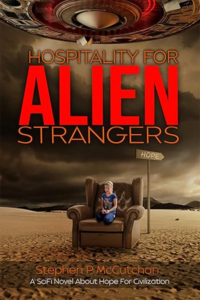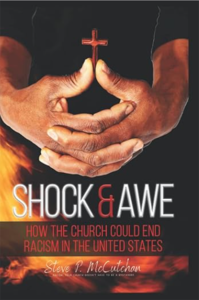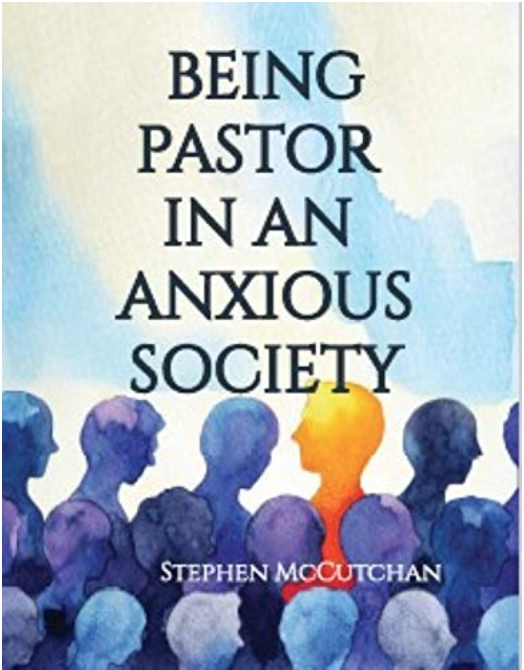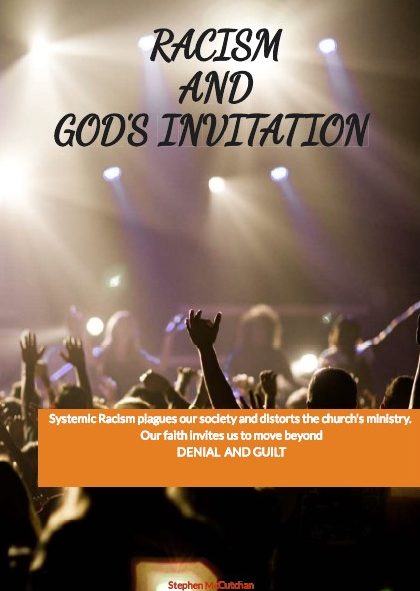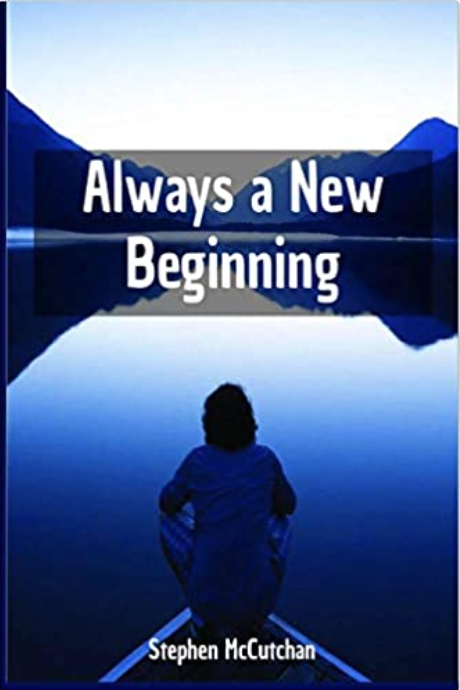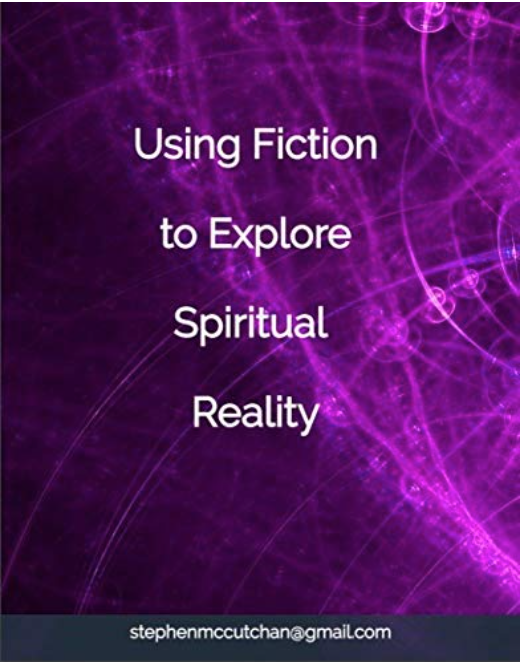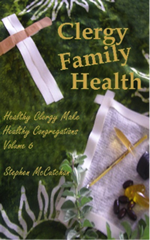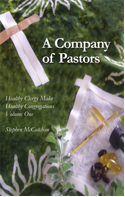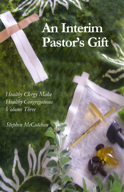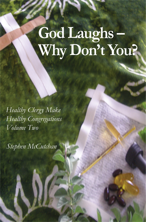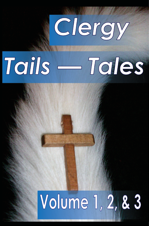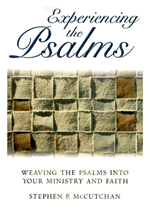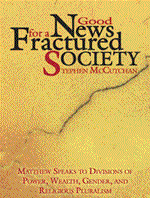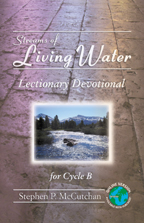INTRODUCTION
My purpose is to provide a pastor and the church leadership in Caucasian churches with a step-by-step plan for how to guide the church in responding to the toxic poison of racism in the church and society. The intent is to describe an approach that has spiritual integrity and adds new vitality to the bonds of its community. The desire is to build on the faith of the membership. While I hope Black churches will benefit from these ideas, I don’t presume to speak for them. In fact, I hope we can learn from them as they bring a distinct perspective about how the faith addresses the racism that poisons our churches and society.
OVERVIEW OF PROCESS
First, it is church-based. There are many other legitimate approaches to addressing racism, but this book explores how a church can approach this issue.
Second, our experience of responding to the pandemic has increased the local church’s use of technology and can enable churches to have a church-wide conversation by use of a church email list.
While some of the suggestions that follow will encourage assemblies of members, we can begin with an email conversation and then advance to either Zoom meetings or actual gatherings of people as circumstances allow.
Third, by inviting conversation via email, we can build our conversation from responses of the membership, or at least they all get an invitation to respond. In essence, we are going to seek to understand the faith of our community from the bottom up.
Fourth, I am making the assumption that the members of most of the churches we serve, if asked, would confirm that they think racism is wrong, even if they don’t know how to address it.
Fifth, I will also be making use of the power of ACTIVE LISTENING. I am trusting that when we truly listen to each other in a faith community, although we won’t all agree, there is the opportunity for God to get a word in edgewise.
My hope is that this is where the White church and Black churches and other churches of color may have a deeper and profound spiritual conversation.
God loves us all and we need to hear from each other. Sixth, I will be making use of the power of story to both respond to our past and shape our future. In that process, I will be adapting the Truth and Reconciliation experience of South Africa to the American church. We will tell our stories, acknowledge our invitation to confess our imperfections, and heal the brokenness and division of racism.
FAITH ASSUMPTIONS
FAITH ASSUMPTIONS
First, I will be using the Exodus story and wilderness journey as a primary template to build a framework for the anti-racism strategy. Like in Israel’s wilderness, our wilderness of racism is uneasy territory for the people of faith but responding to God is never easy.
Second, I will also be drawing upon a basic understanding of the crucifixion. It was an evil rejection of God’s love for all of us. While faith can generate opposition, God is not defeated by sin. God transformed the cross from an experience of evil to a symbol of hope for humanity.
Third, consistent with Scripture’s story of the early faith community both in the Hebrew and New Testament Scriptures and the redemptive message of the cross, I will be building on God’s choice of working with imperfect people and communities to offer redemption for the world. As Paul reminded us, God’s power is made perfect in our weakness. (2 Corinthians 12:9)
Fourth, conversation is important but not enough. Our central objective is to nurture a faith-based community that can be moved by God’s Spirit to determine actions that enable it to work with other churches and make an effective witness.
FAITH ASSUMPTIONS
First, I will be using the Exodus story and wilderness journey as a primary template to build a framework for the anti-racism strategy. Like in Israel’s wilderness, our wilderness of racism is uneasy territory for the people of faith but responding to God is never easy.
Second, I will also be drawing upon a basic understanding of the crucifixion. It was an evil rejection of God’s love for all of us. While faith can generate opposition, God is not defeated by sin. God transformed the cross from an experience of evil to a symbol of hope for humanity.
Third, consistent with Scripture’s story of the early faith community both in the Hebrew and New Testament Scriptures and the redemptive message of the cross, I will be building on God’s choice of working with imperfect people and communities to offer redemption for the world. As Paul reminded us, God’s power is made perfect in our weakness. (2 Corinthians 12:9)
Fourth, conversation is important but not enough. Our central objective is to nurture a faith-based community that can be moved by God’s Spirit to determine actions that enable it to work with other churches and make an effective witness.







